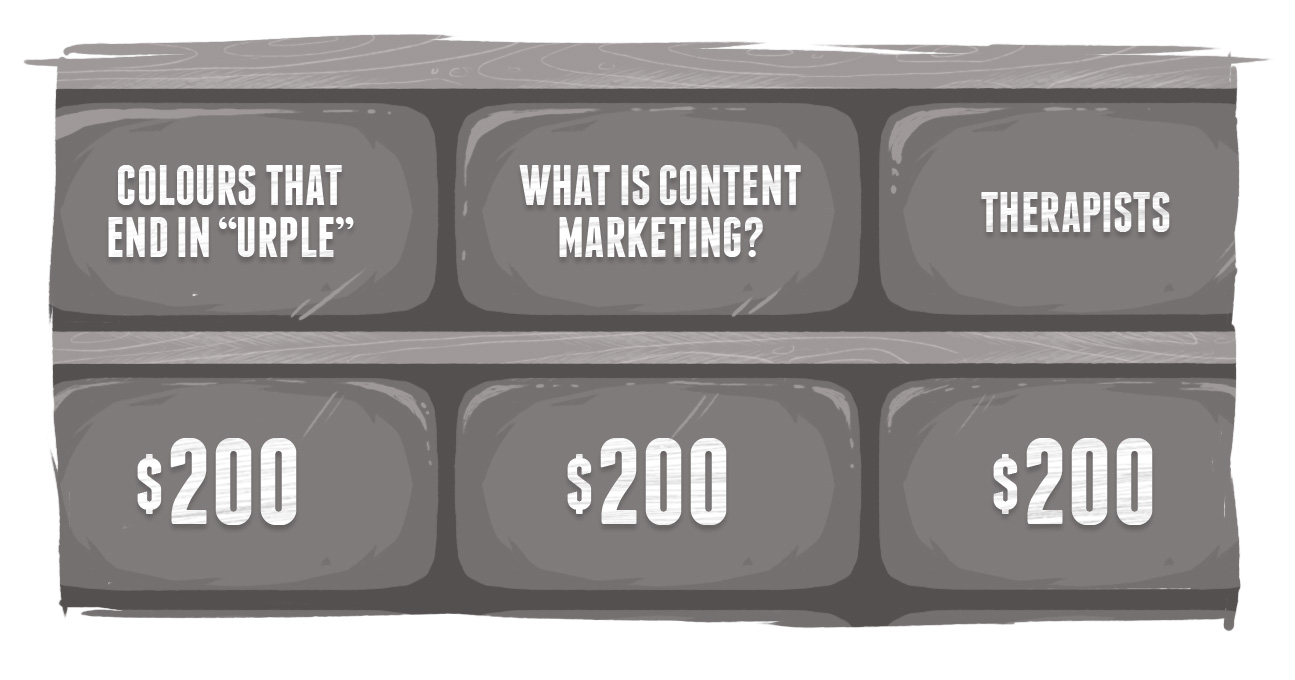An Honest Way to Prevent a 'Panda' Attack

I love this line from the Wikipedia entry on the Giant Panda, "Though the panda is often assumed to be docile, it has been known to attack humans, presumably out of irritation rather than aggression."
For many self-professed SEO Gurus, Wizards, Sherpas, and Grand Poohbahs, irritation may be the word of the day -- except it's a feeling directed towards a Panda. Google Panda 4.1.
Last month, Google slowly rolled out its latest update of the Panda algorithm -- its 27th since 2011. Those who try to game the system or are lazy with content may not be happy with it, but for those who put quality content first, it's really no big deal.
No big deal, other than the fact that you're going to be rewarded for doing the right thing.
We believe in putting content first. Go through our blogs on content strategy and you'll see a few common themes:
- write good quality content, that's relevant to your audience;
- try to update regularly;
- be consistent in your voice, which is made easier by finding your true voice;
- write like a human; write like you speak and want to read;
- don't write for robots, Google, or any other SEO principles;
- add value to the conversation by highlighting your expertise; and
- be yourself.
Content strategy, honestly, isn't rocket science. Despite all the talk of algorithms and formulas, the only mathematical formula you really need to concern yourself with is this: relevant content delivered in the way that your customer wants to receive it equals happy customers (and we'll throw the SEO 'Mavens' a bone and add the term 'brand advocates.')
It sounds easy because, in essence, it is. But in application it's difficult.
Success comes not from creating regularly updated content, but from creating regularly updated quality content.
Quality is the key word.
You want to create content that your customers (both existing and potential) find valuable, content they'll want to use and share. You do that by writing not for yourself, but for your audience. You do that by designing your web solution in a way that's useful and intuitive to your customers or your target demos -- not solutions that are riddled with internal jargon and limited references.
Essentially, you speak in your customers' language. Not yours.
That takes skill and talent. True, it's a skill that can be learned and developed, but for many people in business they don't have the luxury of spending years refining that talent. And some people just can't write.
It's OK. There's no formula of word A plus clause B = success. Content writing, to someone who is not inclined towards writing, can appear frustratingly random and ephemeral. But good content in invaluable to your business and worth investing in -- either through an in-house solution or by looking externally for assistance.
It's akin to acting. Point a camera at someone and they tend to behave differently. "Act naturally" is actually one of the hardest things to do. Write naturally is no different. We don't actually write like we speak, but we can develop content in a way that's natural, flows well, is not jarring, and gets the key messages across.
That's what Google's looking for. That's what Panda's about.
Black Hat SEO (the stuff practiced by those aforementioned gurus, wizards, Poohbahs, Shamans, Sherpas, etc.) is about pretending to be something else and tricking people with misdirected content. What Panda rewards is being yourself and being honest with your customers.
Simple. But not easy.
Creating quality content that resonates with an audience due to its value, appropriateness, and natural tone is the best way to avoid a Panda attack. And it's the clear-cut future-proof foundation for continued success.
And now to you. How do you go about content strategy? Any success stories to share? Any horror stories? Comments are open.
SUBSCRIBE TO OUR E-NEWSLETTER
 Subscribe
Subscribe


